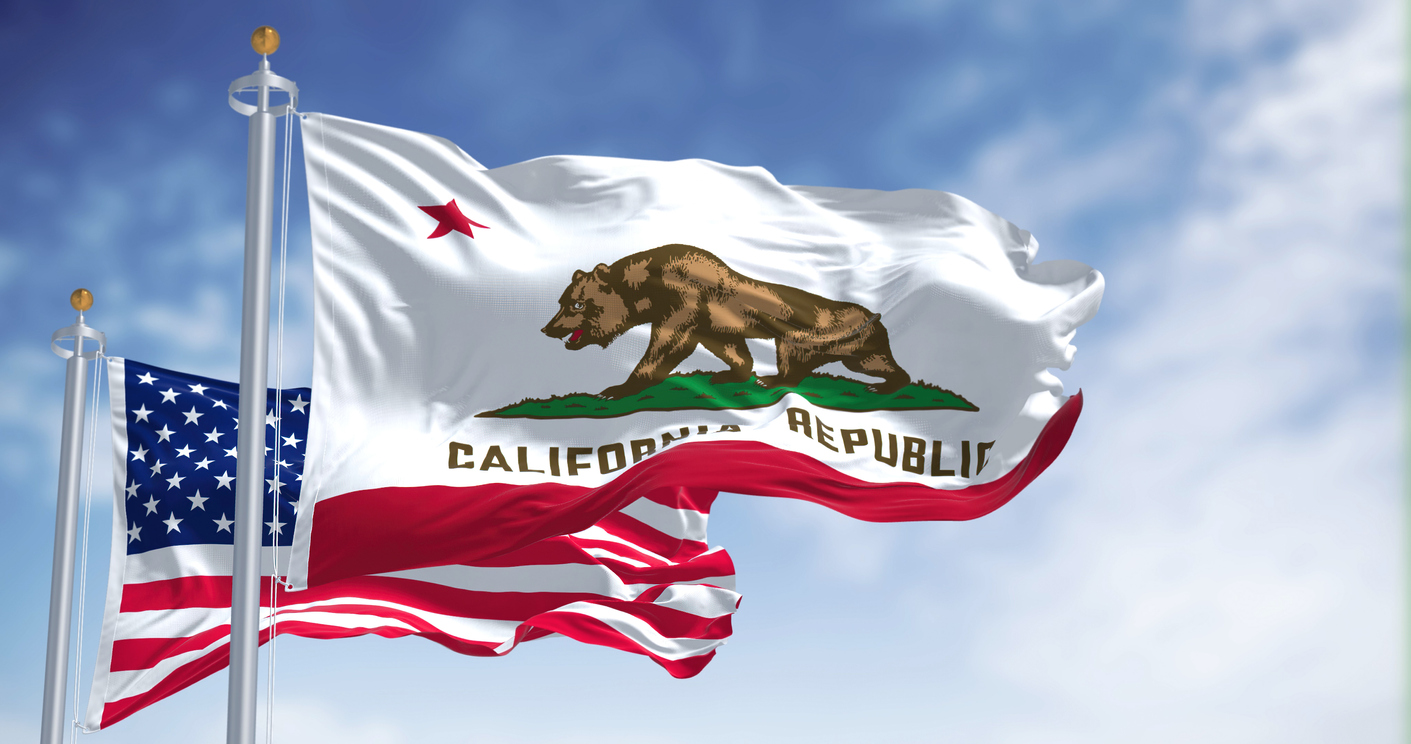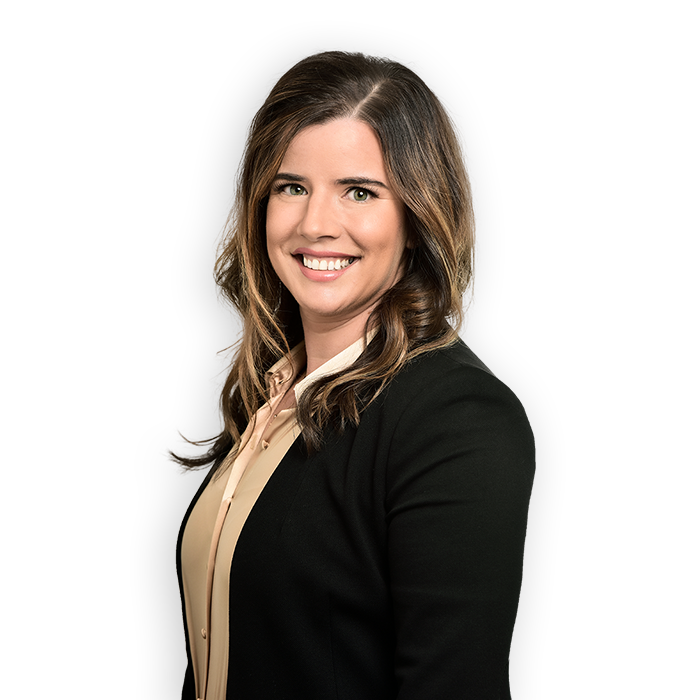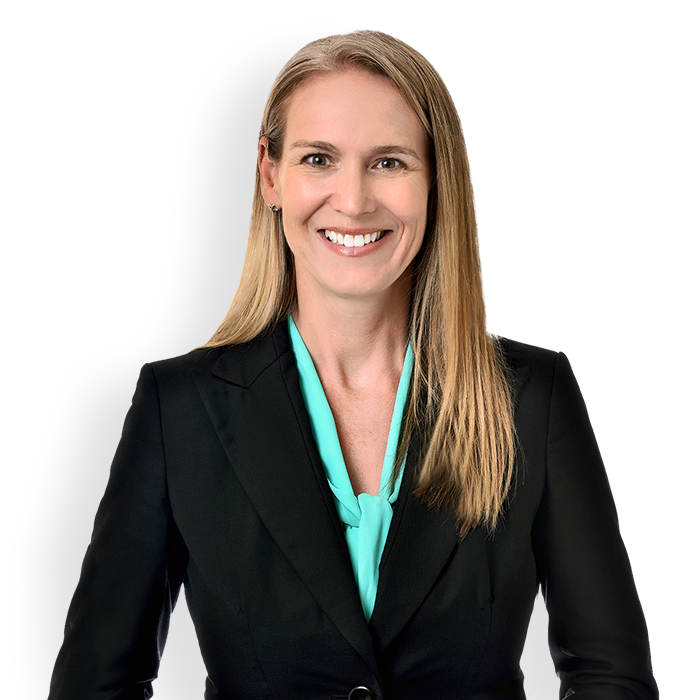SB 1451: New California Law Simplifies 103 and 104 NP Certification, Updates Patient Disclosures, and Clarifies Physician Licensure For Postgraduates

AB 890 (2020) established a new regulatory framework that, as of January 1, 2023, allows nurse practitioners who satisfy certain requirements to practice independently without physician supervision. Nurse practitioners who want to practice independently in a defined healthcare setting (e.g., hospitals, clinics, and correctional treatment centers) are often referred to as “103 NPs” and are required to: (1) pass a national nurse practitioner board certification examination, (2) obtain certification as a nurse practitioner from an accredited national certifying body, and (3) complete the “transition to practice” in California by engaging in direct patient care for three full-time equivalent years of practice or 4,600 hours. Nurse practitioners who want to practice independently outside of a defined healthcare setting are often referred to as “104 NPs” and are required to meet all of the requirements for 103 NPs and practice as a 103 NP for three-years (applicants that hold Doctor of Nursing Practice degrees can also count certain hours of direct patient care provided in the course of their doctoral education). (See our prior alert on AB 890 here.)
After AB 890’s passage, the Board of Registered Nursing adopted regulations that many nurse practitioners viewed as hindering AB 890’s implementation and their ability to meet the 103 NP requirements. (See our prior alert on the implementing regulations here.) SB 1451, signed by Governor Newsom on September 22, 2024, addresses those concerns and aims to smooth nurse practitioners’ pathway to practice as 103 and 104 NPs. The new law also clarifies physician and surgeon title restrictions and eases postgraduate training license renewals.
WHAT’S CHANGING AS OF JANUARY 1, 2025:
Expansion Of Allowable Clinical Experience for Transition to Practice:
SB 1451 makes it easier for nurse practitioners to satisfy the clinical experience requirement for purposes of transition to practice by:
- Clarifying that clinical experience may include experience obtained before January 1, 2021, and removing any additional requirements that the Board may establish on such prior experience; and,
- Providing that clinical experience is not limited to experience in a single category in which a nurse practitioner may practice.
Note: In addition to these clarifications, however, SB 1451 does prohibit experience obtained before a person is certified as a nurse practitioner from being considered clinical experience.
Satisfaction Of Transition to Practice Requirement for Nurse Practitioners with Significant Recent Practice Experience in Direct Patient Care:
SB 1451 deems a nurse practitioner who has been practicing as a nurse practitioner in direct patient care for 3 full-time equivalent years (or 4,600 hours) within the last 5 years to have satisfied the transition to practice requirement for 103 nurse practitioners.
Specifies Process and Requirements for Transition to Practice Attestations:
SB 1451 states that:
- Proof of completion of one transition to practice must be provided to the Board of Registered Nursing in the form of an attestation from either (a) a licensed physician and surgeon or (b) a nurse practitioner (the “Attestor”).
- The Attestor is not required to specialize in the same category as the nurse practitioner applicant.
- The Attestor is not required to verify competence, clinical expertise, or any other standards related to the nurse practitioner applicant’s practice and must only attest to the applicant’s completion of the transition to practice.
- Absent fraud, the Attestor will not be subject to any liability for providing an attestation or refusing to provide an attestation (unless the attestation was produced fraudulently).
Amends Required Patient Disclosures:
SB 1451 amends patient disclosure requirements by:
- No longer requiring 103 or 104 NP to:
- verbally inform patients that a nurse practitioner is not a physician and surgeon (e., written notice is okay); or
- use a specific phrase (“enfermera especializada”) to provide that notice to Spanish speakers.
- Stating that a nurse practitioner shall not be required to tell a patient that the patient has a right to see a physician and surgeon.
Note: Other disclosures, such as posting in a conspicuous location accessible to public view that a 103 or 104 NP is regulated by the Board of Registered Nursing, are still required.
Physician and Surgeon Title Restrictions:
Subject to limited exceptions, existing law makes it a misdemeanor for a person who is not licensed as a physician and surgeon to use the following words, letters, and phrases in any sign, business card, letterhead or advertisement:
- “doctor”
- “physician”
- “Dr.”
- “M.D.”
- any other terms that imply that the person is authorized to practice medicine as a physician and surgeon.
SB 1451 expands that restriction to include the initials “D.O.” in the list of prohibited terms. SB 1451 also prohibits a person from using those words, letters, and phrases “in a health care setting that would lead a reasonable patient to determine that the person is a licensed ‘M.D.’ or ‘D.O.’”
The bill adds two clarifying exceptions allowing use of the words “doctor,” “physician,” “Dr.”, “M.D.,” and “D.O.” in the following circumstances:
- Preserves Existing Rights of Licensed Healthcare Professionals: A person holding a current and active license under California Business and Professions Code’s “Healing Arts” Division or any initiative act referred to in that division, to the extent the use of the title is consistent with the act governing the practice of that license. For example, this exception preserves optometrists’ ability to use the title of “Doctor” or “Dr.” as a prefix as long as they use “O.D.”, “Opt. D.”, or “optometrist” at the end of their name.
- Uses That Are Unrelated to Any Claim of Practicing Medicine: A person whose use of the word “doctor” or the prefix “Dr.” is not associated with any claim of entitlement to practice medicine or any other professional service for which the use of the title would be untrue or misleading under California’s false advertising law. For example, this exception allows Andre Young to continue using his professional name: “Dr. Dre”.
Licensure Amendments to Address Postgraduate Training:
Because of quirks in existing law, medical licensees pursuing postgraduate training cannot satisfy the 36-month training requirement for license renewal. SB 1451 fixes that problem by allowing licensees to renew their license by providing evidence of enrollment in a California board-approved postgraduate training program.
Professional
For more information, or assistance with your advanced practice provider questions, please contact Alicia Macklin, Jennifer Hansen, Andrea Frey, Michael Shimada, or your regular Hooper, Lundy & Bookman contact.


